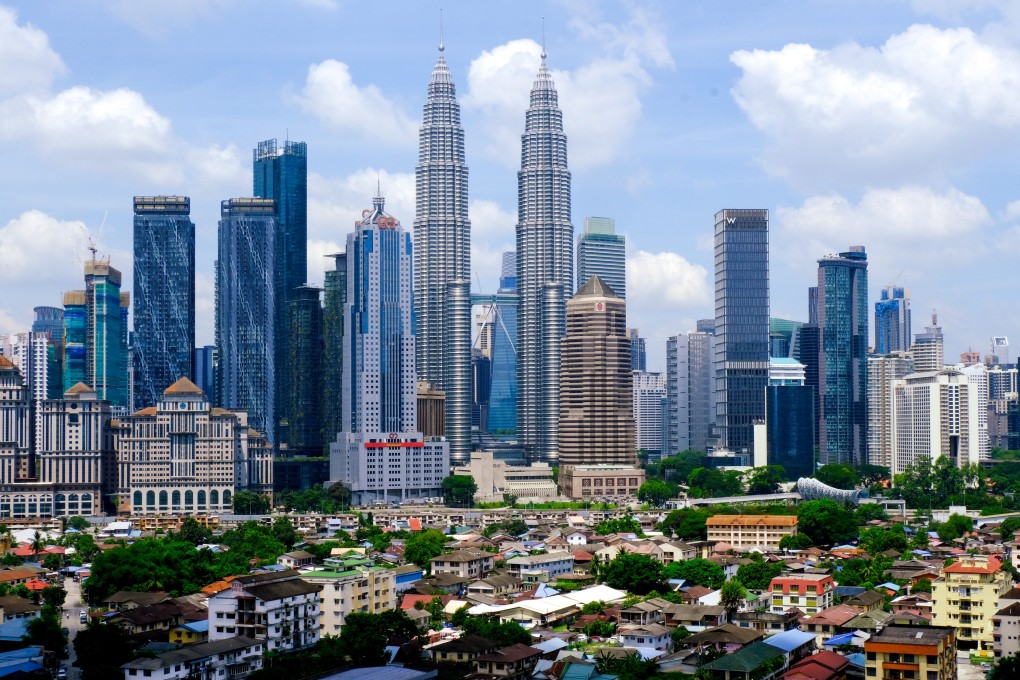Malaysia’s post-Covid economy has held up so far, but will politics be its undoing?
- The war in Ukraine and China’s Covid controls are expected to limit Malaysia’s faster than forecast recent economic growth
- However, PM Ismail Sabri Yaakob also faces friction over tax system reforms, and pressure from his Umno party for an early general election

The vigour of Malaysia’s economic rebound from the strictures of the coronavirus pandemic took many experts by surprise, but its durability may prove short-lived as Russia’s invasion of Ukraine saps global growth and China remains tethered to zero-Covid.
Growth over the second quarter came in at 8.9 per cent year on year, a faster clip than forecast by economists as Southeast Asia’s third-largest economy shakes off the impact of two years’ worth of pandemic disruptions to life and livelihoods.
But like most other countries embedded in global supply chains, the pace of Malaysia’s economic expansion is expected to moderate due to the ongoing war in Ukraine and China’s uncompromising enforcement of its Covid-19 controls.
That means those in charge have little political capital to push the policies needed to keep the economy sustainable, a task made harder by mounting public frustration with spiking living costs.